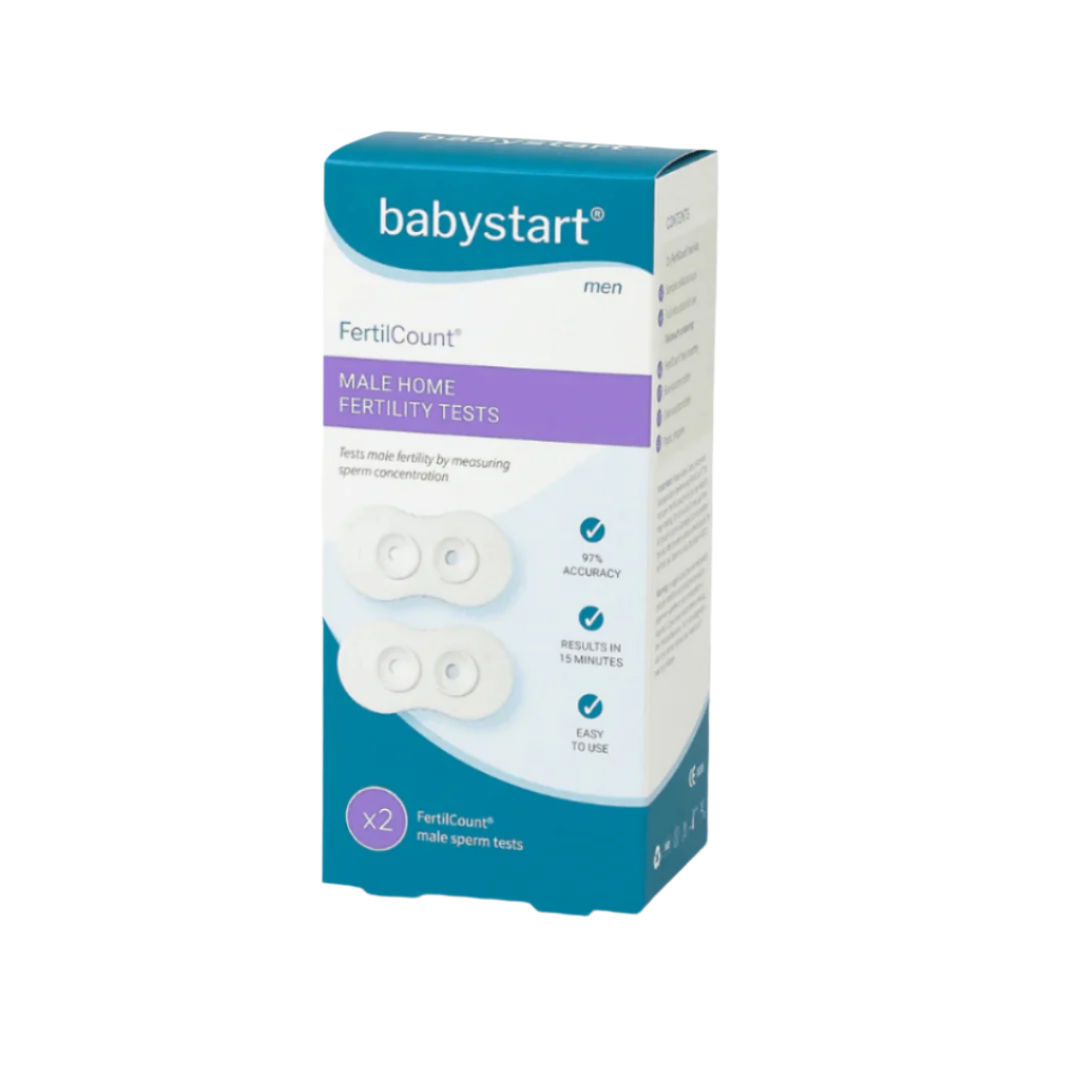Pregnancy comes with plenty of questions, and sometimes a few worries too. One condition you might hear mentioned during antenatal appointments is pre-eclampsia. It sounds serious — and it can be — but with the right information and good care, it’s manageable. Here’s what you need to know.
What Is Pre-Eclampsia?
Pre-eclampsia is a condition that can develop during pregnancy, usually after 20 weeks. It’s linked to problems with the placenta — the organ that supplies your baby with nutrients and oxygen. The main signs are high blood pressure and protein in your urine, though other symptoms can also occur.
Pre-eclampsia affects around 6% of pregnancies in the UK and ranges from mild to severe. Most women will have mild cases, and with regular monitoring, both mum and baby do well. In more serious cases, pre-eclampsia can pose risks to your health and your baby’s development, so early detection and care are really important.
What Should You Look Out For?
Pre-eclampsia doesn’t always come with obvious symptoms, especially in the early stages — which is why routine blood pressure and urine checks at antenatal appointments are so important. But there are signs to be aware of. Let your midwife or GP know if you experience any of the following:
-
Persistent headaches that don’t go away with paracetamol
-
Blurred vision or seeing flashing lights
-
Swelling, especially in your face, hands or around your eyes (a bit of swelling is normal in pregnancy, but sudden or severe swelling should be checked)
-
Pain just below the ribs, particularly on the right side
-
Sudden weight gain (caused by fluid retention)
-
Feeling generally unwell, or more tired than usual
Remember — you’re never wasting anyone’s time by raising concerns.
What Can You Expect From Your Midwife or GP?
In the UK, you should have regular checks during pregnancy to monitor for pre-eclampsia. This includes:
-
Blood pressure checks at every appointment
-
Urine tests to look for protein
-
Blood tests if there are concerns
If pre-eclampsia is suspected, you’ll likely be referred for further assessment at hospital. This doesn’t necessarily mean an emergency — it’s just about monitoring things more closely. Depending on the severity, you might need:
-
More frequent appointments or scans
-
Medication to lower your blood pressure
-
Admission to hospital for monitoring in more serious cases
-
Early delivery if your health or your baby’s health is at risk
Most women with pre-eclampsia go on to deliver healthy babies, often with a bit of extra support and planning.
What Causes It?
The exact cause of pre-eclampsia isn’t fully understood, but it’s thought to relate to how the placenta develops. Some factors that increase your risk include:
-
First pregnancy
-
Family history of pre-eclampsia
-
Having high blood pressure or kidney problems before pregnancy
-
Being over 40
-
Having a BMI of over 35
-
Carrying twins or more
If you’re at higher risk, your midwife might recommend taking low-dose aspirin from 12 weeks of pregnancy to help reduce your chances of developing the condition.
A Final Reassurance
Pre-eclampsia can sound daunting, but the key message is this: you’re not expected to spot or manage it alone. That’s why regular antenatal care is so important — your midwife is there to check for signs and act early if anything seems off.
Trust your instincts, and speak up if something doesn’t feel right. You deserve to be listened to and supported — and the earlier a concern is picked up, the better the outcome for you and your baby.
References
-
NHS. Pre-eclampsia. Available at: https://www.nhs.uk/conditions/pre-eclampsia
-
Tommy’s. What is pre-eclampsia? Available at: https://www.tommys.org/pregnancy-information/pregnancy-complications/pre-eclampsia
-
NICE. Hypertension in pregnancy: diagnosis and management (NG133). Available at: https://www.nice.org.uk/guidance/ng133









